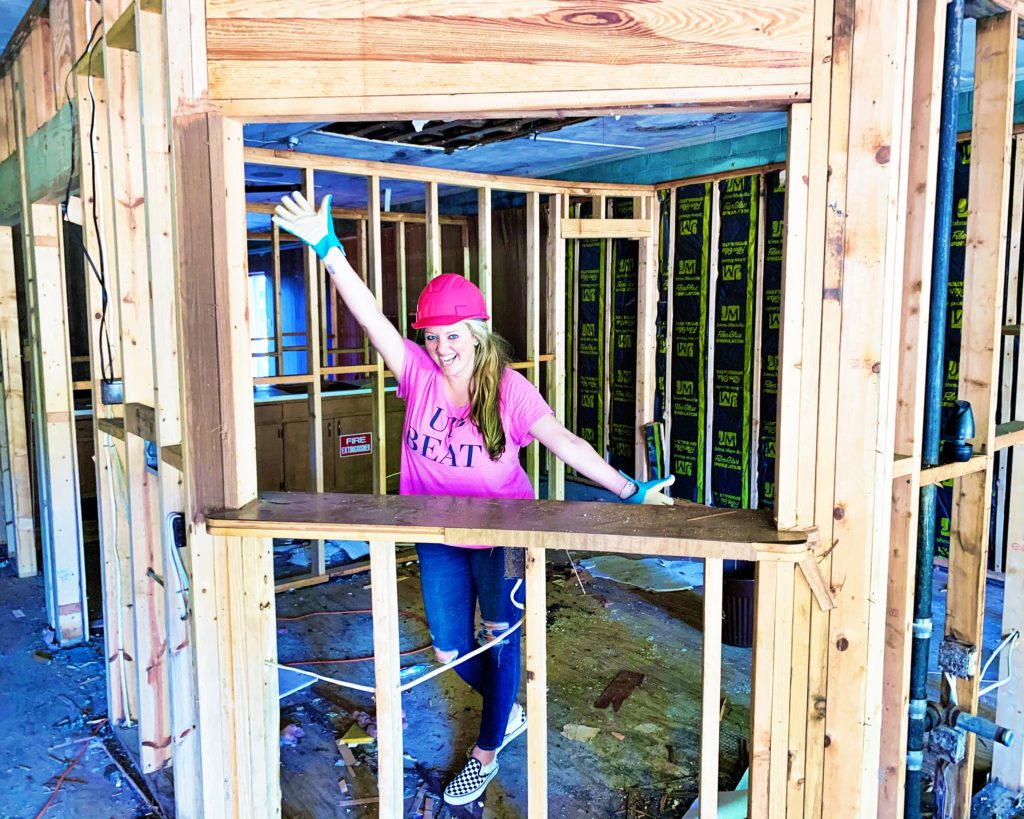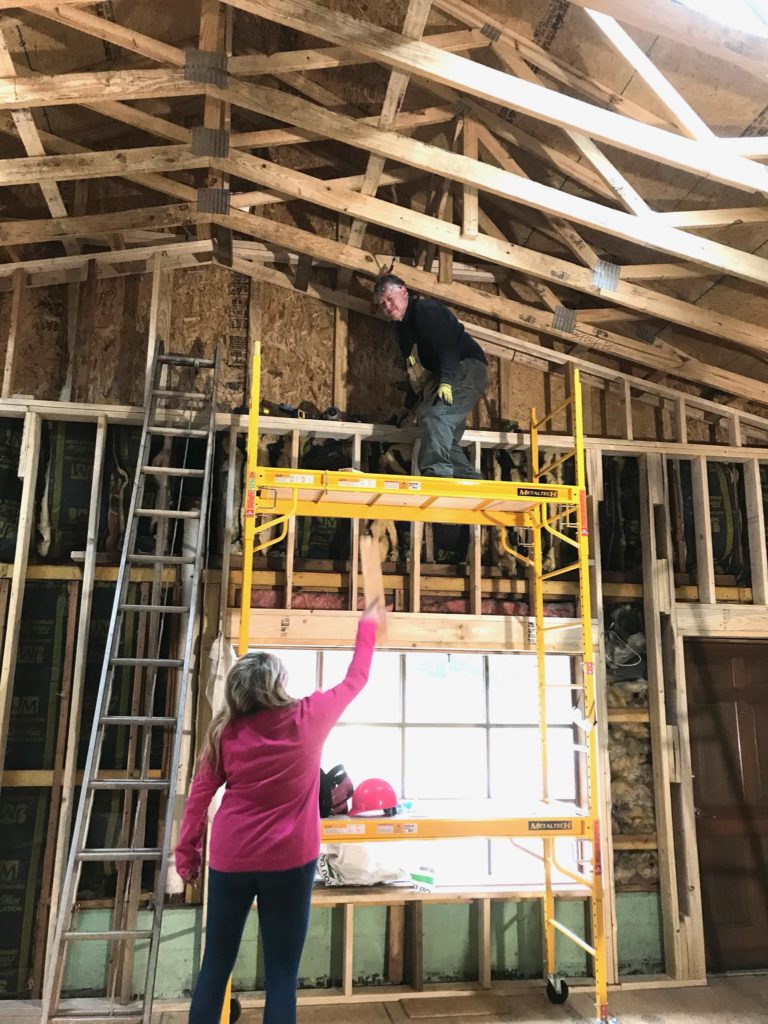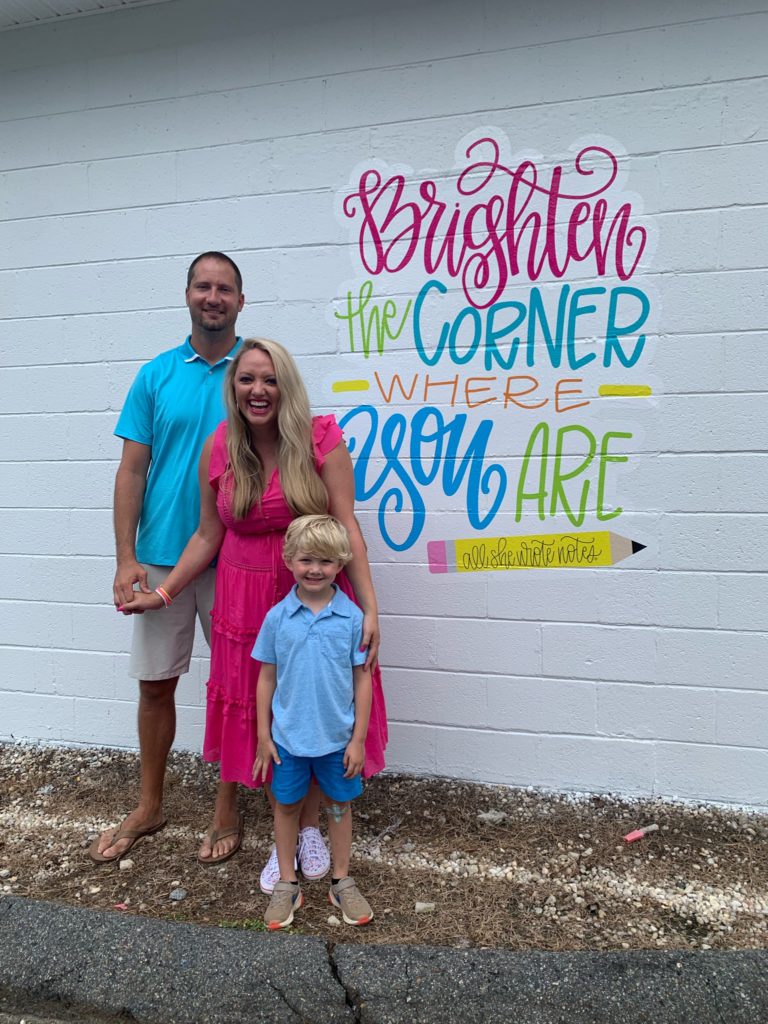The week of Thanksgiving found me feeling not so thankful. I didn’t have plans to spend the day anywhere, so there were already emotions surrounding that. Then I got sick. A simple cold took me out. I found myself in bed for the entire week. I slept and slept and slept some more. I was miserable.
Sick and alone was in no way a part of my plan. Yet, here I was. For the most part, I actually love being single. I love the freedom to make my own choices and to do what I want and go where I want. But one thing I loathe about being single is that I have to make every decision and take care of myself. When I get sick, it’s just me.
Many tears were shed, and I felt weak and exhausted. I didn’t have any strength to believe the truth even though I knew it. Instead, I had an all-out pity party for myself. I sent out invites, and depression and hopelessness showed up with bells on.
I rehearsed all the standards lies: I’m alone. I’m unloved. I’m unseen. They played on a loop, and I allowed the voice of the enemy to grow louder than the voice of God.
Though I would’ve normally kept all my pain and struggle to myself, the Lord prompted me to share about how I was doing with my church and to ask for prayer. And then the church did what it’s supposed to do — be the hands and feet of Christ to me.
Multiple texts and phone calls began to come in to check on me. One friend brought me a Thanksgiving meal. Another brought me homemade chicken noodle soup. And my pastor’s wife brought me more soup and electrolytes. I was blown away by the love of God through their care for me.
Reaching out for help isn’t easy, but it is always worth it.
Galatians 6:10 says, “So then, as we have opportunity, let us do good to everyone, and especially to those who are of the household of faith.”
My church took this verse and ran with it when I needed them — they always do. They live out this verse in more ways than I can count.
As I received the care from my church family that I so needed, I realized that I had been so focused on myself and on how lonely I was. I’d become fixated on the lies and unmet expectations, wallowing in them. And without the Lord’s nudging, I probably would’ve kept my struggle to myself and relied on my own strength instead of relying on God and on others.
But God revealed to me that this was pride and not faith. I believed I had to do it all myself, that I couldn’t depend on anyone. I didn’t even expect Him to provide for me.
James 4:6 says, “He gives more grace. Therefore it says, ‘God opposes the proud but gives grace to the humble.'”
I was humbled both in needing to reach out to my community and in receiving their care. Through it, I experienced God’s grace and again learned how much I need to rely on Him, abide in Him, and commune with Him and the body of Christ.
So this year, I want to put my focus upward and dwell in the Lord’s presence more. I want to grow in intimacy and fellowship with the Father, Son, and Holy Spirit. I want to trust Him and witness more of how He moves in and through the church.
I know I am not alone in this, and neither are you. There is grace for us all when we humble ourselves, open our hands, and receive.
How have you experienced the grace of God when you’ve reached out to others during a hard season?
Listen to today’s article below or on your favorite podcast player!






